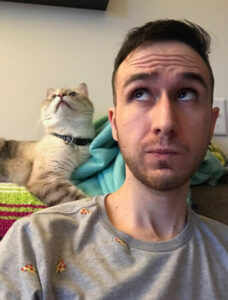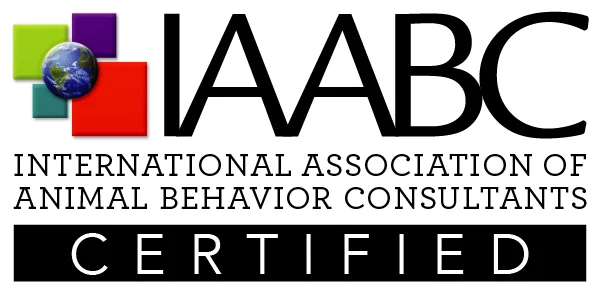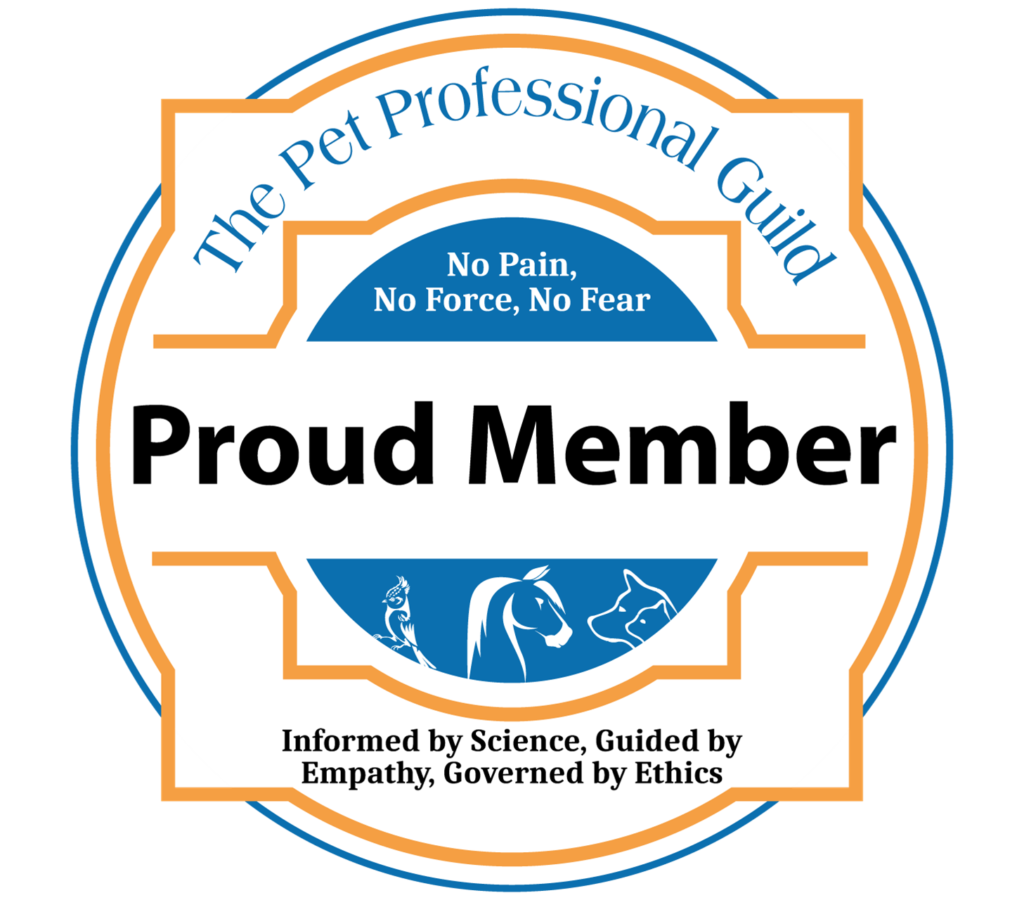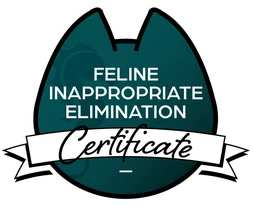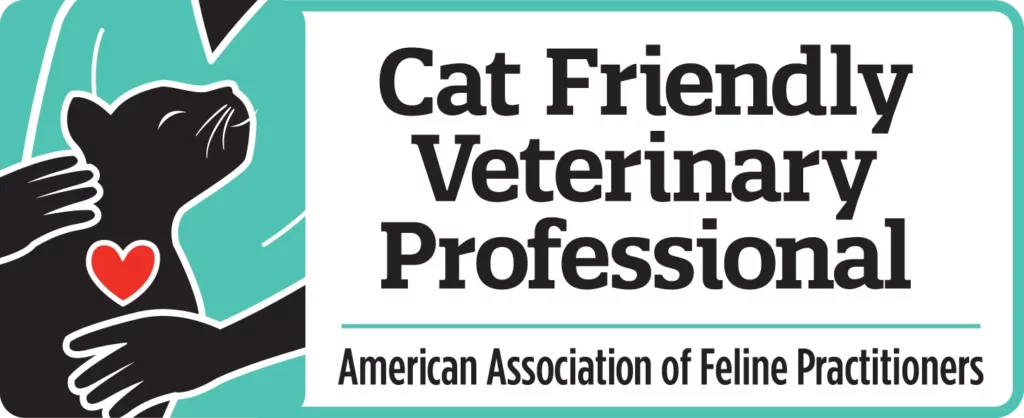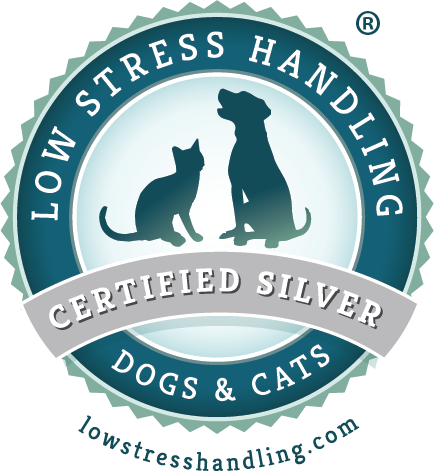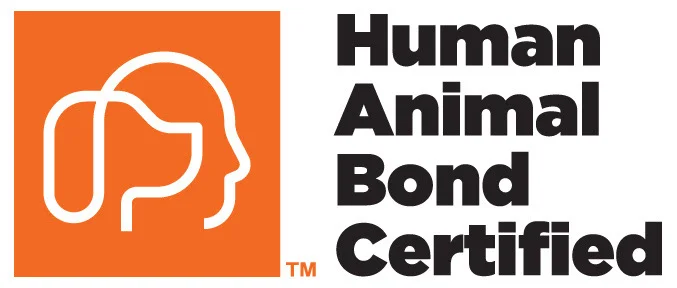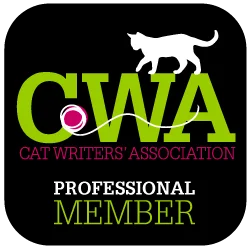This blog is part of a series as I process my grief over the loss of my cat, Zoloft, in the hope of helping others process their grief. I am sharing a new blog post every month for the first year on different topics related to grieving a pet. While my focus is on cats, the advice is applicable to dogs, birds, or any other pet you love.
When Zoloft died, I wrote a memorial for him. I was on the fence at first about how much to share, but clearly, I decided to go with sharing all the things considering I’m now multiple blog posts deep into my cat loss series. I was expecting to get support from people close to me, but others I assumed would just not really get it. “He’s just a cat so you’ll be over it in a week,” they’d say. People would think I was weird for being as sad as I was despite how much of a wonderful impact he had on my life.
In reality, almost everyone I encountered was remarkably supportive. My clients got it when I needed time to grieve and when it took me way longer than usual to respond to messages. People reached out I hadn’t heard from in years. Everyone seemed to understand that Zoloft was more than just a cat. He was my best friend.
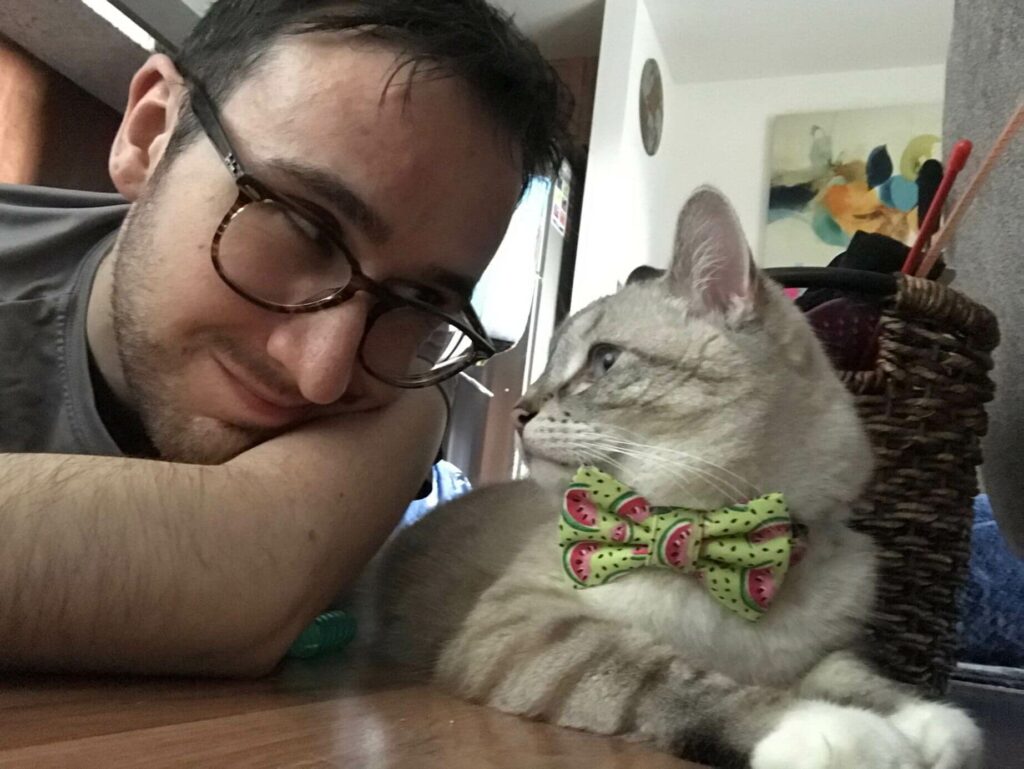
I was pretty dysfunctional the first few weeks after he was gone. Cooking, cleaning, and focusing on anything was suddenly a challenge. It felt like my brain completely shut down. Even if I wasn’t actively crying, thinking was hard. Maintaining contact with others and was one of the few things I did okay with and it was invaluable to keeping me afloat.
Resist The Urge To Isolate
If you’re grieving the loss of your cat, one of the most important things you can do is avoid sinking too far into yourself and isolating yourself entirely from the outside world. Don’t get me wrong, you may not feel like going out to a rave or going over to your friend’s house to watch the Bengals play in the Super Bowl. You may also have a limited capacity for socializing so can only go out for short periods of time. It’s so important you maintain those social connections, though.
I run my own business and while I do hire out for help for some things, I’m pretty much doing things on my own. I like to be as independent as I can be so I definitely found it hard to ask for help after Zoloft passed. Accepting help was the right thing to do, however. I fell very far behind in a lot of aspects of my life. Without my friends and family helping me with cleaning, getting groceries, and even keeping up with things for my business, I would have ended up in a worse place.
Evidence Shows Social Connections Help Healing
Of course, it’s not just a feeling that I have that my friends and family’s support helped me. There’s plenty of evidence that social support helps people experiencing bereavement. Why? That’s a complex question, but part of it is that grief can be extremely isolating. While others may be grieving themselves, there likely aren’t many who are grieving your cat the same way you are. While others may be sad that my sweet Zoloft is gone, none of them knew him like I did. My grief is different so it’s easy to feel like I’m the only one who is experiencing this.
By connecting with others, we can begin to feel less alone. Yes, no one else may feel the same grief I do for Zoloft, but I have some very awesome friends who came out for his celebration of life. I have people who sent me some very thoughtful memorial gifts and who checked on me regularly. When I was feeling at my lowest, having friends check on me helped me feel less awful. I slowly realized that while no one gets every aspect of my grief, that doesn’t mean they don’t get parts of it and it doesn’t mean that Zoloft is only missed by me.
Social Connections Ease The Hard Parts
At some point, you’re going to have to address the cat tower in the room: what do you do with your cat’s things? There may be things like food that will mold or a litter box to clean. Your loved ones can help with the parts that you need a little extra push. I made a high sided litter box for Zoloft’s successors and found it tough to throw out his old box. My mom helped me by taking it to the trash for me.
Even if you still do the task yourself, having someone there will help you feel better. I’ve been feeding Prozac and Poutine some of Zoloft’s food that I had freshly received when he passed. I had intended to donate it, but couldn’t bring myself to get rid of it and felt that feeding it to his brothers was a better solution. I recently got down to the last case of food and was struggling to open it. It was the last time I’d open any of his food. It was another way time was ticking forward at too quick of a pace.
I had a friend over the day I got to the point where I had to open the last case. I asked her to be there with me as I tore through plastic wrap for the final time and took the cardboard case to be recycled. It was very helpful to have someone there while I did it because I may have just let the case of perfect good food sit there if I didn’t. It was still hard, but it was a degree of hard I could manage.
A Challenge To You
This will probably be my shortest post in my cat loss series because there’s one important take home message: don’t isolate. You will feel worse. While it can be okay to spend some time alone or stay in playing Cat Quest to cope (yes, this may have been what I did early on…), you will feel worse if you do that for too long. Your grief won’t get any better and you’ll be just as miserable as you were.
In that spirit, I’m issuing you a challenge or a piece of homework or however else you want to think of it. It’s really important you follow it even if you don’t want to because it will help you feel better: go make plans to spend time with other people who you know will support you. Not sure who that is? Think the person who loves cats just as much as you do and has been texting you to see how you’re doing or someone who spent a lot of time with your cat. Close this blog post (and then come back to finish it! I still have one more suggestion!) and shoot them a quick text or give them a call.
Make plans. If you don’t feel like going out, invite them over and order take out or a pizza. Do some crafting, watch a movie together, or do a cat themed puzzle. If you do have the energy to go out, make dinner plans. Heck, even asking them to go grocery shopping with you if you’re find that hard may be help you complete a necessary task and connect with someone. Whatever you have the capacity to do right now, that’s great. Do it with someone else there.
Repeat this again tomorrow or in a few days. Don’t go too long without social contact no matter how bad you feel.
Consider A Support Group
If you can’t find anyone in your life who gets it enough or you unfortunately don’t have anyone you can think of that really gets it, consider a support group for pet loss. I did one and it was extremely helpful as it helped me get through the first holidays without Zoloft.
Even if you do have a great support network, you may find a support group to help. The people in the group are usually going to be around the same point in their grief process that you are so their loss will still be fresh. They may not get the loss of your cat specifically, but they get what losing a beloved pet is like as it just happened to them, too. You can heal together.
Depending on where you live, there may be local options. If you’re in the Twin Cities, I have some options on my local resources page. If there aren’t local options where you live or you prefer not going somewhere for the group, there are a lot of great virtual pet loss support groups to check out. The great thing about the internet is it connects you to others you wouldn’t bump into otherwise and you can find ways to connect no matter how far apart you life.
Final Thoughts
While no one’s grief is exactly the same, that doesn’t mean others can’t empathize with your experience. Those who care about you want to support you and be there for you. Isolating doesn’t do you any favors and may actually make it any easier to grieve.
Thinking about it from a different angle, chances are you shared a deep bond with your cat. On some level, they probably wanted good things for you, too, and wouldn’t want you to be unhappy. Your cat wouldn’t want you to be completely isolated and they certainly wouldn’t want you to do so because of them. Staying connected with others is one of the best ways you can continue to honor your cat and celebrate how much they meant to you.
Check Out The Other Posts In The Series
For the first year after Zoloft’s passing, I’ll be adding to this series every month. Check out the posts that are published so far along with a few extra posts about cat loss and building memories while your cat is still here.
- Grieving A Cat: Surviving The Loss Of A Special Friend
- Memorializing Your Cat: Making A Special Memory Book Of Your Happiest Memories
- Surviving The Holidays Without Your Cat
- When Should You Adopt A New Cat After Yours Dies?
- What Do I Do With My Cat’s Stuff After They Die?
- How To Support Someone After Their Cat Dies
- Holding A Memorial Service For Your Cat
- Anticipatory Grief: Grieving Your Cat While They Are Still Alive
- Sharing Your Cat’s Story As A Way To Heal

